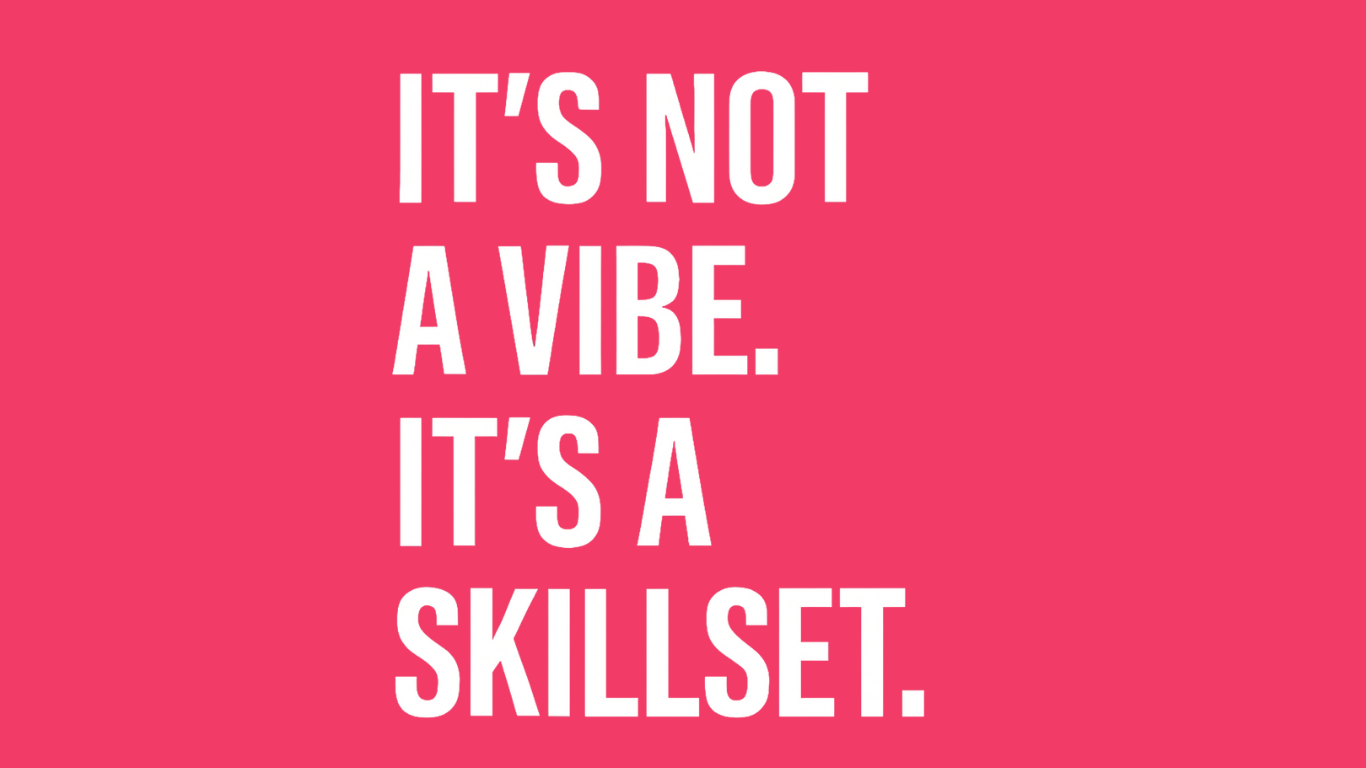- Blog
- May 13, 2025
Psychological Safety Isn’t a Vibe – It’s a Skillset

Everyone talks about psychological safety like it’s a workplace “vibe.” But it’s not.
It’s not passive. It’s not fluffy. And it’s not something you either have or don’t.
It’s a skillset. One your leaders need to learn.
What Psychological Safety Actually Is
First coined by Harvard professor Amy Edmondson, psychological safety means people feel safe to take interpersonal risks. To speak up. To ask a question. To challenge the norm. To fail.When it’s missing, you get silence.When it’s strong, you get trust, innovation and resilience.But here’s the kicker: psychological safety doesn’t just happen. It’s not the default.It has to be deliberately built.
Why It’s a Skillset, Not a Trait
Most leaders don’t mean to shut down feedback or ideas. But without training, they do it all the time.Not listening. Getting defensive. Rewarding compliance instead of curiosity. Protecting their own status over surfacing truth.
Building psychological safety means practising skills like:
- How to respond when someone challenges you
- How to visibly thank people for raising difficult issues
- How to avoid punishment signals when people fail
- How to invite uncomfortable feedback
It’s not about being nice. It’s about being intentional.
The Gaps We See
Many managers think saying “my door’s always open” is enough.It’s not.
If your team isn’t speaking up, something’s off. And it’s likely not their courage, it’s the environment.The most common blockers we see?
No training on how to encourage opennessFear of vulnerability from leadershipLack of systems to surface and act on feedbackSilence is often mistaken for satisfaction. It’s not.
Building the Skillset
Psychological safety can’t be tick-boxed. But it can be built. Actively.
Start here:
- Train managers to ask better questions and listen without fixing
- Model vulnerability and accountability at senior levels
- Create channels that allow low-friction, safe feedback
- Show follow-through so people know their voice matters
The goal isn’t to make everyone comfortable. It’s to make it safe to be uncomfortable together.
Final Thought
You can’t demand honesty in a culture where silence is safer.
Psychological safety won’t grow on its own. But it will grow when leaders are taught how to earn it through action, not intention.
It’s not a vibe. It’s a skillset.
And like any skill, it takes work.
Want to see how Trickle helps create a psychologically safe environment? Book a demo now and we’ll show you how.